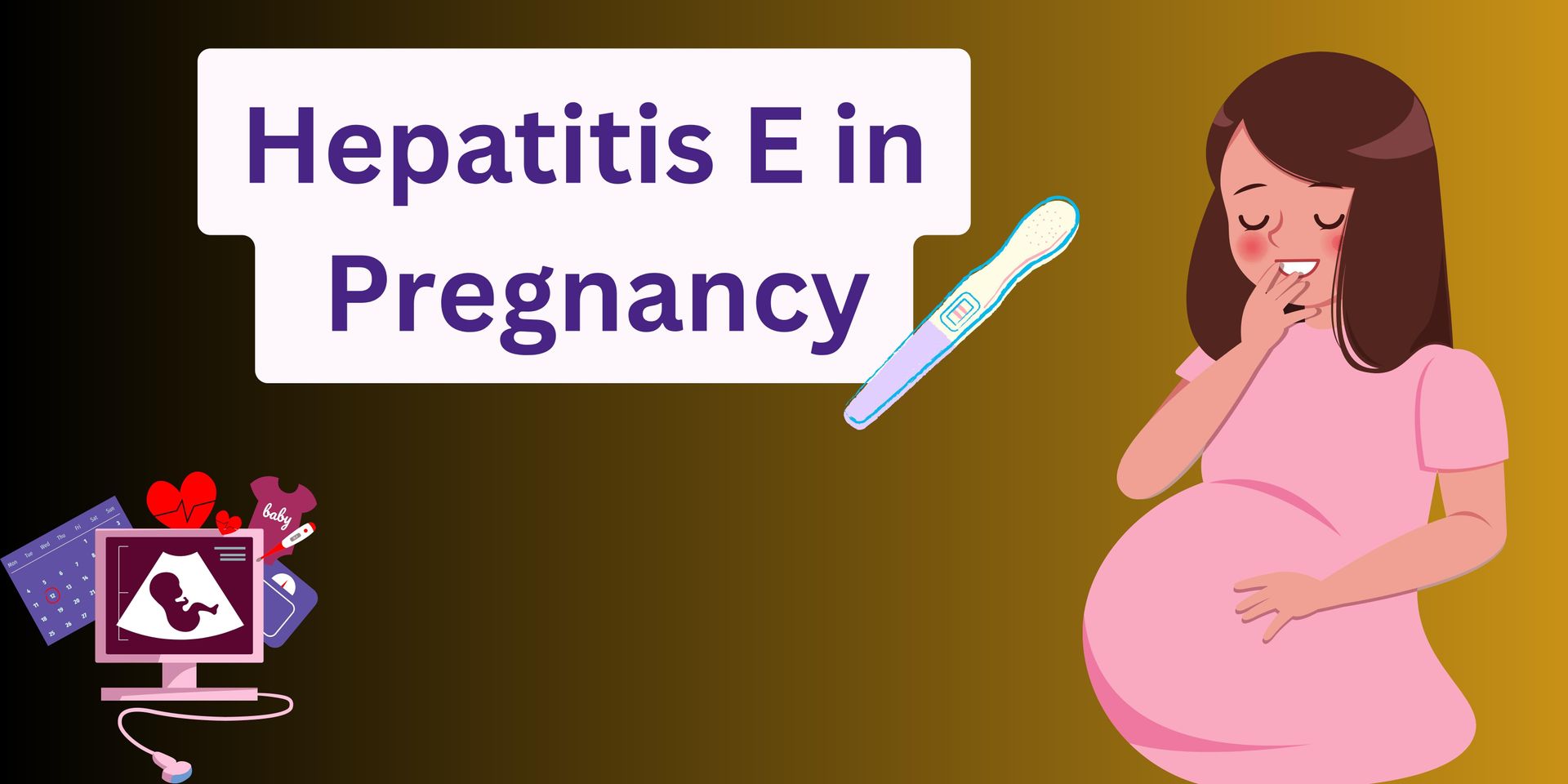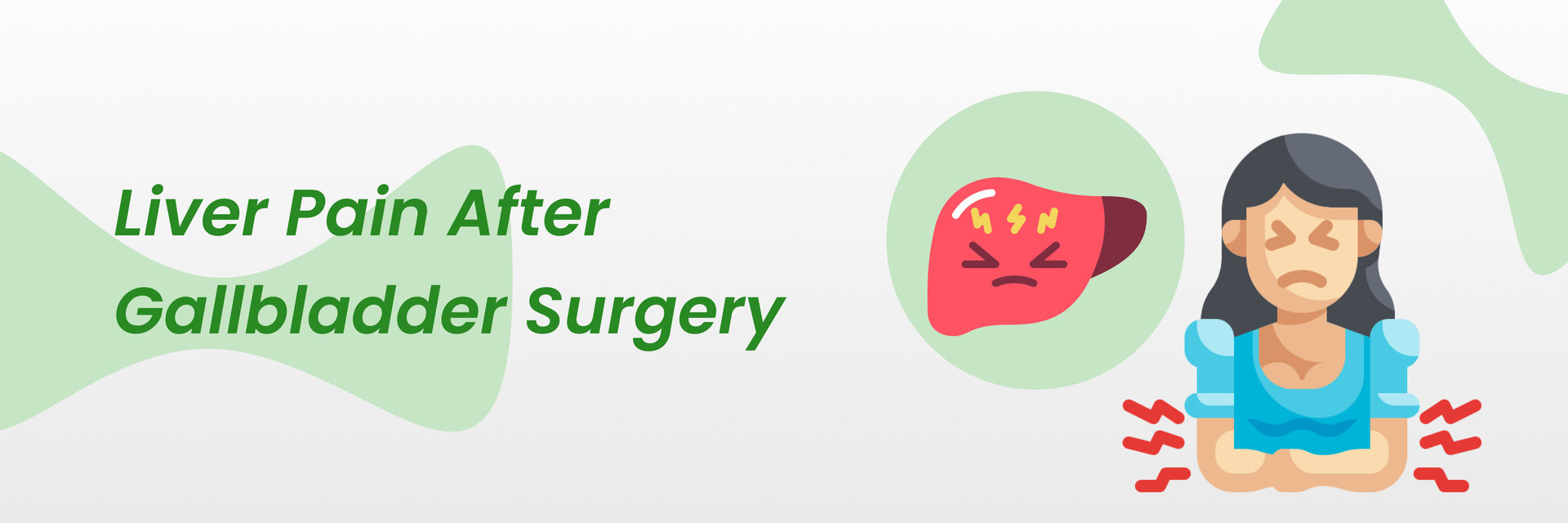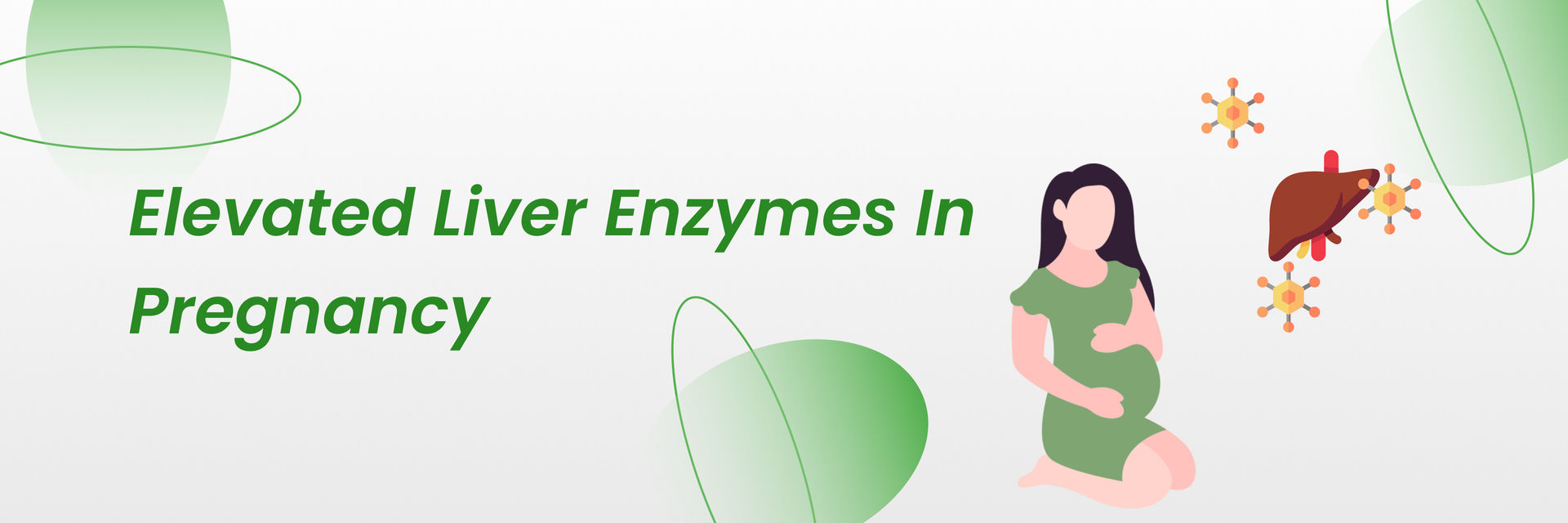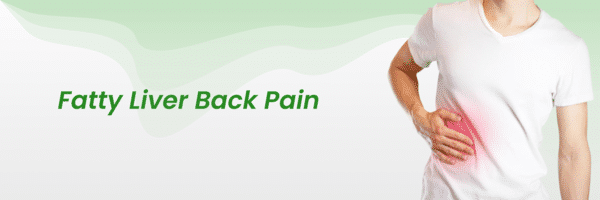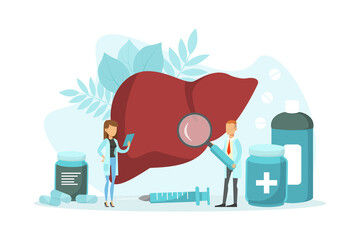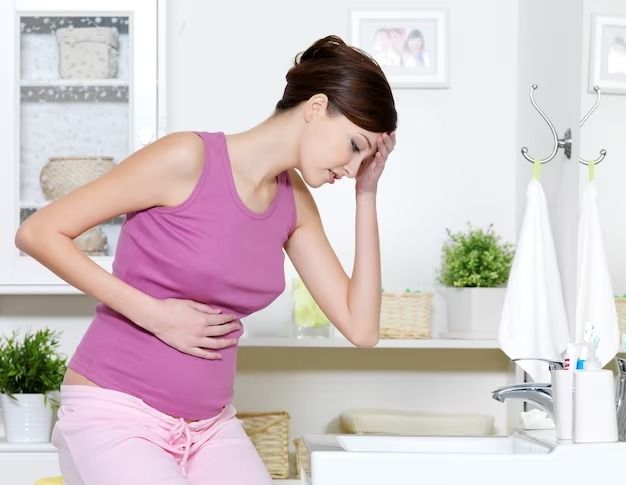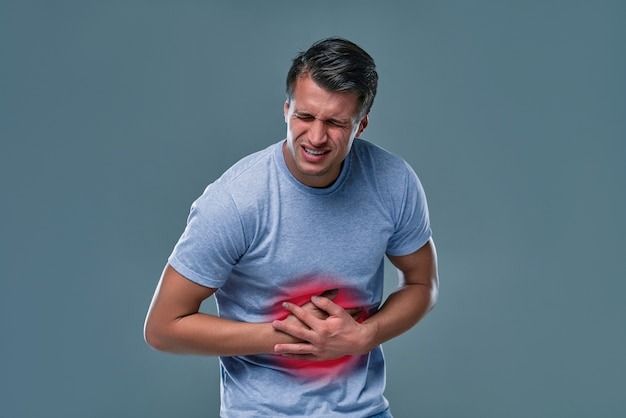Fatty liver disease is indeed a global concern. It affects approximately 25-30% of the world's population. According to the National Institute of Health, liver diseases account for approximately 2 million deaths per year worldwide. Fatty liver disease rates differ across regions, with developed countries experiencing higher prevalence, a lifestyle condition that is affecting 25-30% of the global population. It is estimated that 80-100 million adults in the U.S. have fatty liver disease and many do not even know about it. Liver cysts are a relatively common condition worldwide. It is estimated that 5-10% of people worldwide suffer from liver cysts. Liver cysts can affect individuals between 30 and 70 years old, but only 10% to 15% of people develop noticeable symptoms.

Now that we have a global perspective on the prevalence of these two liver conditions, let's dive deeper into the differences between fatty liver disease and liver cysts. Understanding these conditions and their distinct characteristics is crucial for proper diagnosis and management.
Your health is too important to ignore – schedule your appointment now.
What is the difference between a fatty liver and a liver cyst?
Fatty Liver | Liver Cysts |
A fatty liver is a condition where fat accumulates in your liver cells. It is of two main types:
Fatty liver can be asymptomatic but may lead to liver inflammation, fibrosis, and other complications if not treated. |
|
Can a fatty liver and a liver cyst occur simultaneously?
Yes, you can have both fatty liver and liver cysts at the same time.
These two conditions are distinct, they are not mutually exclusive. In some cases, individuals with fatty liver disease may also develop liver cysts. However, it's important to note that one condition does not directly cause the other.
Fatty liver occurs when fat accumulates in liver cells, while liver cysts are sacs filled with fluid that can develop in the liver. The causes and risk factors for each condition may differ. The treatment and monitoring of one condition may be influenced by the presence of another.
Are there any common risk factors for developing both fatty liver and liver cysts?

No, there are no common risk factors that directly link the development of your fatty liver and liver cysts.
- Fatty liver is typically associated with risk factors such as obesity, insulin resistance, diabetes, high blood pressure, high cholesterol, and metabolic syndrome. Lifestyle factors like poor diet and excessive alcohol consumption also contribute to it.
- Liver cysts, on the other hand, are often congenital or present at birth. They may develop later in life due to unrelated factors. They are also not typically associated with the same risk factors as fatty liver.
But wait, there's more. If you suspect you may have both conditions, what should you do?
Well, it's crucial not to underestimate their impact on your health and talk to a hepatologist at the earliest.
Do these conditions cause similar symptoms, and if so, what are they?
Fatty liver often has mild or no symptoms, while liver cysts are typically asymptomatic but can cause abdominal pain or complications, requiring hospital care, when large or infected.
| Fatty Liver Symptoms | Liver Cyst Symptoms |
| Most liver cysts do not cause any symptoms and are often discovered during imaging tests. Some of the symptoms observed are:
|
Both conditions can vary widely in terms of symptom severity, and you may even remain asymptomatic. The presence of symptoms may also depend on the size, location, and characteristics of liver cysts. Since these conditions can be asymptomatic or have mild symptoms, they are often detected through routine medical check-ups or imaging studies.
Are you considering getting a diagnosis?
Take charge of your health and your life. Contact us today!
How are fatty liver and liver cysts diagnosed?

Diagnostic Tests | Fatty Liver Diagnosis | Liver Cyst Diagnosis |
| Medical history and examination | Assess medical history and risk factors. Perform a physical examination. | Assess medical history and perform a physical examination. |
| Blood Tests | Check liver enzyme levels. Examine abnormalities indicating liver inflammation or damage. | Used to assess overall liver health; may show elevated liver enzymes in some cases. |
| Ultrasound | Detects a bright liver appearance, indicating fat accumulation. | Identify fluid-filled sacs or liver cysts. |
| CT Scan or MRI | Provides detailed images of the liver to confirm fatty liver and evaluate cyst characteristics. | Confirms liver cyst presence, size, and characteristics. Also checks for fatty liver. |
| Liver Biopsy | May be used to confirm fatty liver or evaluate liver damage. | Generally not needed for diagnosing liver cysts but may be used in specific cases. |
| FibroScan or FibroTest | Assess liver stiffness and fibrosis in cases of advanced fatty liver or other liver diseases. | Not typically used for liver cyst diagnosis. |
| MRI Elastography | Measure liver stiffness to assess fibrosis or scarring. | Not typically used for liver cyst diagnosis. |
Can liver cysts lead to complications, such as infections or ruptures?

Yes, your liver cysts can lead to complications, although they are relatively rare. The risk of complications typically increases with the size and number of liver cysts.
Some potential complications of liver cysts include:
- Infection (Pyogenic Liver Abscess): In this rare complication, your infected liver cysts could cause fever, abdominal pain, and discomfort.
- Rupture: Rupture of your liver cysts will cause sudden and severe abdominal pain. It can cause peritonitis or inflammation of the abdominal lining. Ruptures mostly occur if your cysts are large.
- Obstruction: If your liver cysts are large, they can press against nearby structures, and cause jaundice or abdominal pain.
- Bleeding: This is less commonly observed. It can cause sudden abdominal pain and blood loss.
- Compression Symptoms: Large cysts can exert pressure on surrounding organs. This causes discomfort, bloating, or a feeling of fullness in the abdomen.
In case you see any of these symptoms, get immediate medical attention.
Are there surgical or minimally invasive treatments for severe fatty liver or complex liver cysts?

Yes, the surgical treatments for your liver cyst and fatty liver are opted for when medical and lifestyle management are not effective:
For severe cases of fatty liver:
- Bariatric surgery (Weight loss surgery):
It is performed if you are extremely obese and suffer from Non-Alcoholic Fatty Liver Disease (NAFLD). Significant weight loss will improve your liver health.
- Liver Transplant:
You will be advised of liver transplantation in extremely advanced cases of non-alcoholic steatohepatitis (NASH) or cirrhosis resulting from fatty liver disease. It involves replacing your damaged liver with a healthy one from a donor.
For complex liver cysts:
- Percutaneous aspiration: This will drain your cysts.
- Sclerotherapy: A sclerosing agent is injected into your cyst to promote its collapse and prevent cyst refilling. Commonly done for large or symptomatic cysts.
- Surgical Resection: Done for complex, large or resistant cysts that do not respond to less invasive methods. Your cyst and sometimes a portion of the liver tissue around it is removed.
The choice of treatment depends on the specific characteristics of the fatty liver and liver cysts, complications, and your overall health. Consult with your hepatologist to determine the best option for severe cases of fatty liver or complex liver cysts.
Your well-being is our priority - call us to book your appointment today
Are there specific dietary recommendations to manage both fatty liver and liver cysts?

Here are some general dietary guidelines for managing your fatty liver and cysts:
- Weight Management: Weight loss is important, as obesity is a significant risk factor for fatty liver. Studies show that with as little as 5-10% weight loss, a significant reduction in liver fat content is seen.
- Balanced Diet: Include nutrient-rich foods, such as fruits, vegetables, whole grains, lean proteins, and healthy fats. Avoid processed and sugary foods.
- Reduce sugar intake: Minimise the use of added sugars and sugary beverages, as it contributes to liver fat accumulation.
- Limit saturated and trans fats: Reduce consumption of fried foods, fatty meats, and processed foods.
- Increase fibre content: Incorporate high-fibre foods like whole grains, legumes, and vegetables into your diet. This will help improve insulin sensitivity and reduce liver fat.
- Avoid alcohol consumption: Limit alcohol consumption, as it will worsen the condition. Alcoholic fatty liver is the earliest manifestation of heavy drinking and it occurs in approximately 90% of subjects.
- Hydration: Stay well-hydrated, because proper hydration can help prevent complications if your liver cyst ruptures.
- Low-Sodium Diet: Reducing sodium intake can help manage fluid accumulation and swelling.
Do lifestyle changes affect the progression of fatty liver and liver cysts?
Some lifestyle changes can affect the progression of fatty liver and cysts:
- Managing your weight through diet and exercise can slow or reverse fatty liver.
- Follow a balanced diet with reduced sugar and processed foods.
- Limit alcohol consumption
- Regular physical activity will help to reduce your liver fat and also improve your insulin sensitivity.
References:
https://pubmed.ncbi.nlm.nih.gov/

